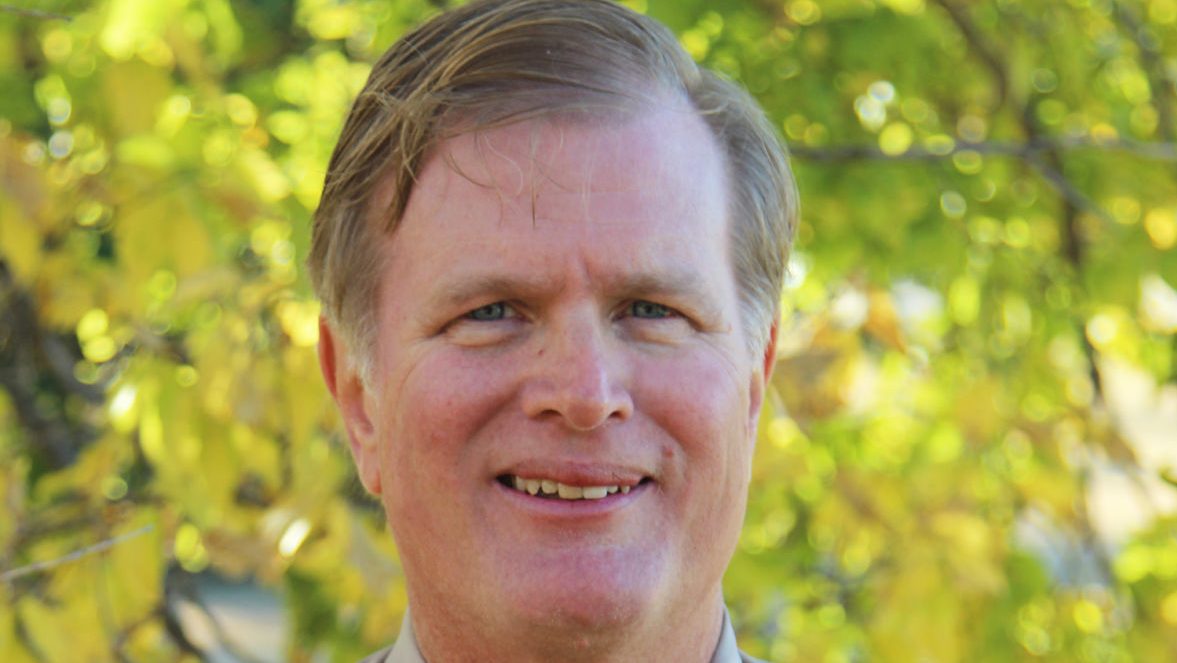Many agricultural conferences and trade shows occur in a year’s time, but a recent Kansas meeting struck the right tone about the need to invest in the state’s land-grant university.
New Kansas State University President Richard Linton spoke during the Kansas Governor’s Summit on Agricultural Growth about the need to invest in his university’s agricultural wing. The Kansas Legislature had approved a $25 million grant that could be leveraged with $75 million in private gifts to overhaul the College of Agriculture’s look on campus and include improvements to two existing buildings and add another one, according to a news story written by Tim Carpenter for Kansas Reflector. The story noted the importance of securing and certifying the $75 million in contributions by March 2023.
Since he came on board in February, Linton has been setting a tone about the importance of listening and learning about how his university and all other land-grant institutions had to take detours and side roads as result of the aftermath of the COVID-19 pandemic. Linton has promised to be a good listener as he noted at his inauguration—and so far he has lived up to that promise.
Before arriving in K-State to become the university’s 15th president, Linton had served as dean of the College of Agriculture and Life Sciences at North Carolina State University from 2012 to 2022, as department chair of food and science technology at The Ohio State University from 2011 to 2012 and as a faculty member of the department of food science at Purdue University from 1994 to 2011. His background and experiences speak volumes about the importance of agriculture in his career.
The president understands the unique challenges of farmers and ranchers and the companies that support them. Linton, as noted by Carpenter in his story, said Kansas has unique obstacles including a dwindling underground Ogallala Aquifer, volatile climate conditions, and inflation costs for all inputs.
He also understands the university overall has faced a decline in enrollment of about 4,000 students during the past eight years and that means less money coming in to support and invest in improvements. He has also heard the concerns about the cost of education and the need for a firm commitment to supporting scholarships. That is music to the ears of prospective students and their parents as the university has acknowledged it needs to do more as students sometimes find better offers outside state borders. Keeping and attracting the brightest minds boosts the state’s economy, of which the biggest linchpin is agriculture. Other states in the High Plains share the same sentiment.
One proposal Linton announced was to offer in-state tuition rates to out-of-state students with a 3.9 or higher grade-point average and offer a discount to nonresident students if they attained 3.25 or higher GPAs. The proposal would help encourage out-of-state students to take a look at the university.
Another planned activity is crossing the state and receiving feedback from alumni and taxpayers, who at times might be at odds with the direction of a university’s program. The town hall meetings are important to see how the university can be more beneficial to Kansans, according to the Kansas Reflector story. Those are welcome signs as the university—particularly the agricultural college—looks to grow.
The land-grant university system has served the High Plains region and this country extraordinary well and has helped agriculture stay on the cutting edge of research and provide instruction on how to use that information to benefit farmers and ranchers and the industries that serve them.
The impetus is on K-State but it will take financial contributions and insight from many people to make it work. The agricultural community is ready to roll up its sleeves, too.
Dave Bergmeier can be reached at 620-227-1822 or [email protected].

